We asked you what you thought Sergeant Major of the Army Dan Dailey should focus on during his second year on the job. Here are some of your top concerns, along with Dailey’s responses when Army Times brought these issues to him.
1. Fix the tape test.
Many soldiers voiced their concerns about the accuracy and fairness of the Army's tape test.
"If you have a skinny neck, you're basically screwed," one soldier wrote. "Yet people who clearly do not present themselves as appearing in shape and fill out the uniform in all the wrong places continue to pass the tape test because a good majority of them have bigger necks."
SMA responds: "I'm going to take a look at it," Dailey said. "I'm going to be honest with you, I get that [issue brought up to me] everywhere I go, too."
Dailey said he is concerned that "we have a growing number of people who have to be taped."
"I think soldiers generally have to do a better job with overall fitness and body fat," he said.
But at the same time, he wants to keep an open mind.
"I don't know if [the tape test] is fair or not, so we're going to ask TRADOC to take a look at it," Dailey said. "Generally, it seems like it's a very good tool, but we'll look at it."

SMA Dailey has a heard a lot of complaints from soldiers about the tape test.
Photo Credit: Military Times file photo
2. Fix the PT test.
This is not a new issue, and soldiers wrote in to say they want a physical fitness test that better replicates the types of activity troops might see in combat. This could include short sprints while carrying heavy loads. Soldiers also said they want a gender-neutral test and scoring system.
SMA responds: TRADOC has been working on this for quite some time, Dailey said. There is no timeline yet for when any changes might be rolled out, Dailey said, but it is possible soldiers will see the Army Physical Fitness Test paired with MOS-specific physical assessments.
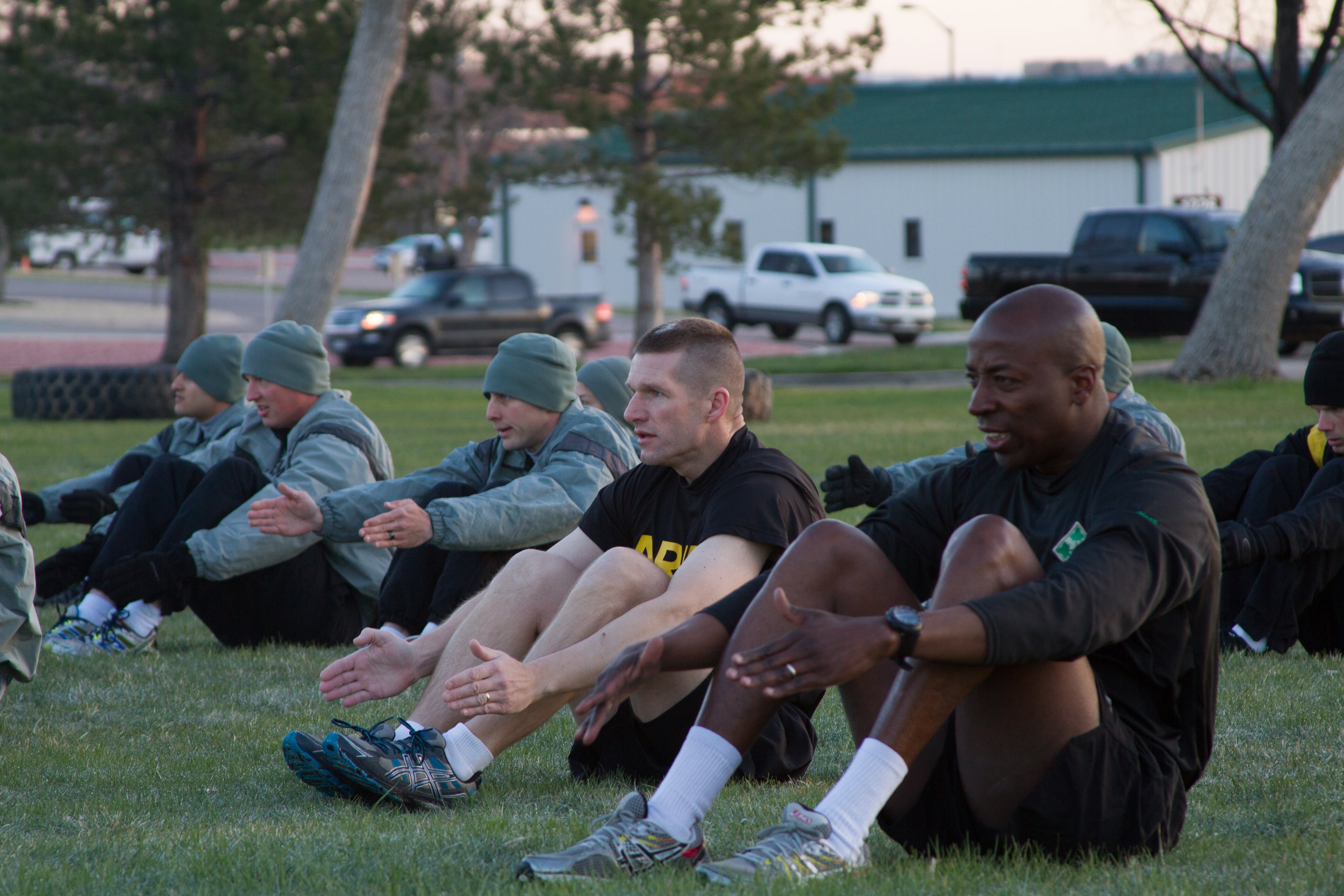
SMA Dailey says changes to the PT test are still in the works.
Photo Credit: Staff Sgt. Roberto Oson/Army
3. Kill Structured Self-Development.
Soldiers have not been shy about their disdain for the online Structured Self-Development courses every soldier must complete before attending a resident professional military education course.
SMA responds: SSDs are "here to stay," Dailey said, but "I would not disagree that they need to be updated."
The Army continuously works to update and improve its courses, including the SSD courses, Dailey said.
Self-development is one of the three domains of leader development; the other two are institutional and operational development. The SSD courses also give the Army an opportunity to introduce soldiers to certain topics before they arrive at a schoolhouse for a resident course, Dailey said.
"We're not getting rid of SSDs," he said.
4. Less online training, more live training.
Soldiers want more hands-on, realistic training. One soldier, who wrote to Army Times, suggested all PowerPoint presentations and online training be reviewed for currency and consistency, and then streamlined.
"Currently, soldiers often have to take multiple versions of the same lessons … to meet competing requirements," the soldier wrote. "Time is a precious resource that we need to spend conscientiously."
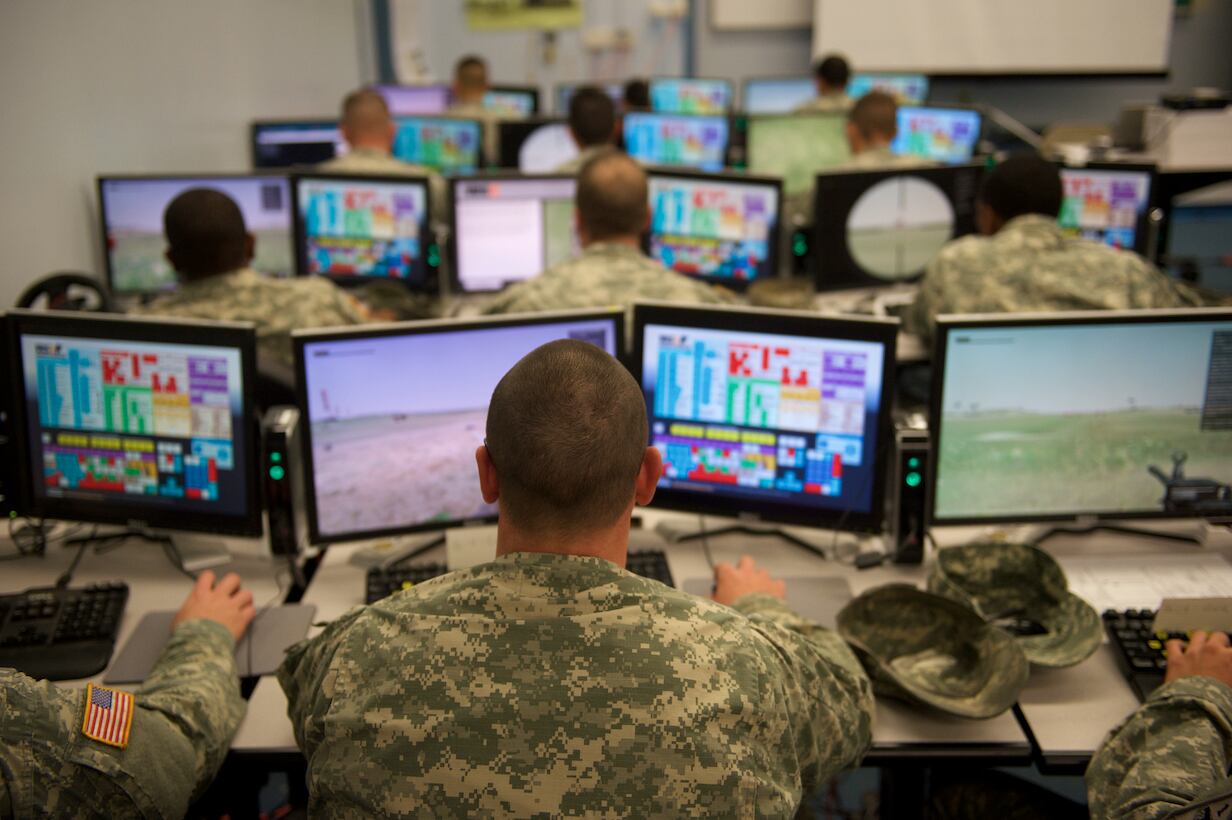
Soldiers want less online training.
Photo Credit: Sgt. Brooks Fletcher/Army
SMA responds: There are a lot of requirements on soldiers, Dailey said.
"That's one thing the chief of staff of the Army has the G-3/5/7 looking at," he said. "We push too much stuff down to the company level."
Some online training will likely remain, including mandatory training that is quicker and easier to deliver online, Dailey said.
"Some training is going to be mandatory," he said. "There are things that we're required to do before a deployment. There are things required for safety. But we've got to take a look at balancing that. I think there are things that can be done online, and there are things that can be done at the unit."
5. Bring back MOSQ training.
Soldiers want to see the return of annual military occupational specialty qualification training.
"I believe soldiers would be much more proficient within their specialty if they had to test each year to maintain their MOS," one soldier told Army Times. "The Army pays us to do our specific job, hence each MOS. If you can't do your job well and to standard, we don't need you. This process would also provide another metric to use for retention and advancement."
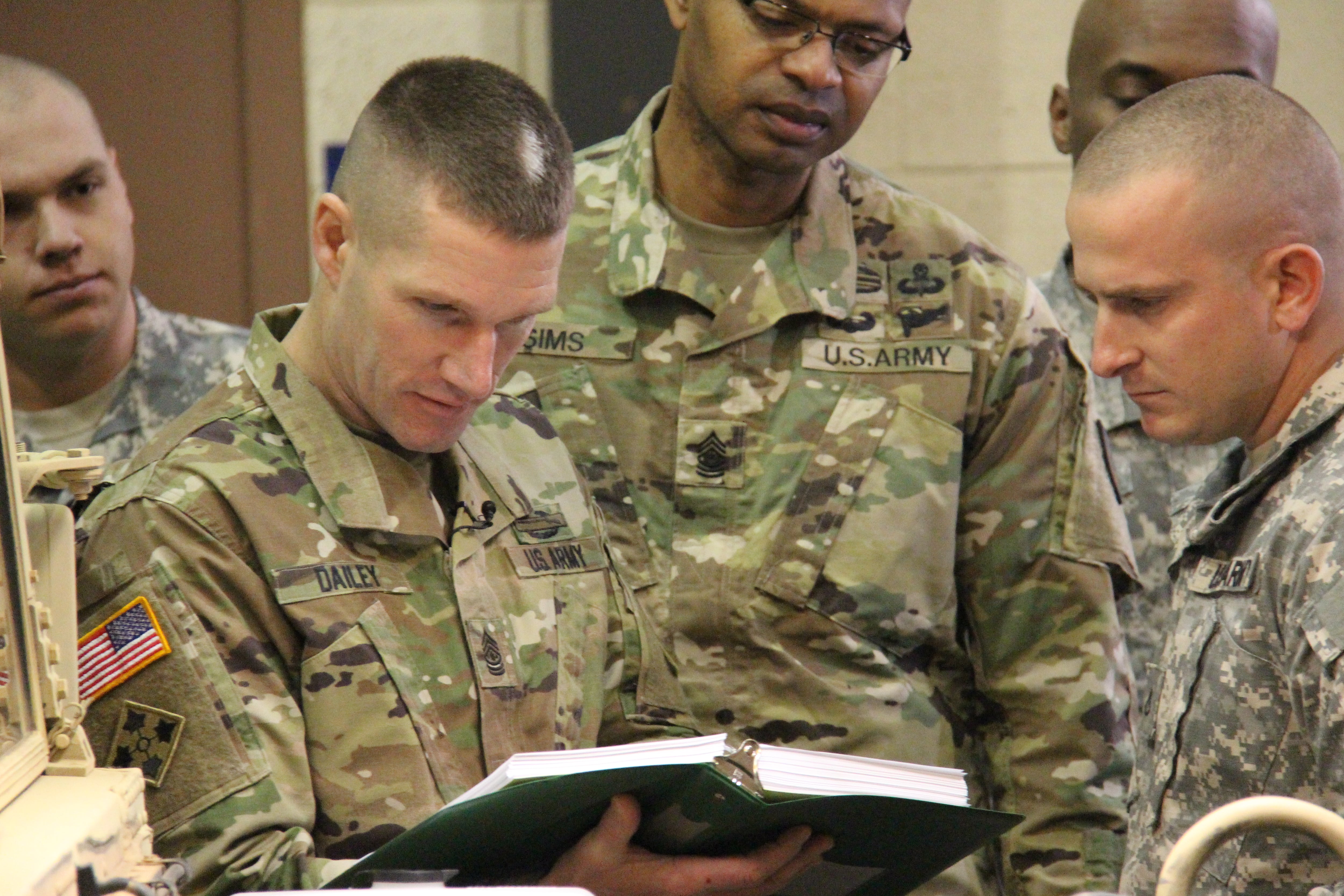
SMA Dailey conduct maintenance checks with NCOs and Fort Huachuca, Arizona. Soldiers want to see the return of annual military occupational specialty qualification training.
Photo Credit: U.S. Army
SMA responds: The Army is delivering MOS-specific training in different forms than in the past, Dailey said.
In the past, soldiers would study the Soldier's Manual of Common Tasks and take a written test, featuring questions specific to their MOS, every year. That practice went away in the mid-90s, Dailey said.
Today, the Army's new Digital Job Book, Structured Self-Development and NCO education courses combined will ensure soldiers are qualified and certified at their skill level and grade, he said. The Digital Job Book, scheduled to launch in late March, will allow soldiers to track their individual critical tasks by MOS and skill level, data such as their Army Physical Fitness Test and weapons qualification scores, and upcoming school and training dates all in one place.
"We do a pretty darn good job teaching and training our soldiers," Dailey said. "Is it without flaw? Absolutely not, but we're continuing to update it."
6. Better barracks.
Soldiers want better living conditions, while others want to be allowed to live off-post even if they aren't married.
"I came in the Army at the age of 24 and have been in the Army for a little over six years," one soldier wrote. "In my MOS, it is predominantly made up of soldiers of about 30 years and older who still reside in the barracks. We are tired of being treated like we are 19. We all have had apartments, houses and rental properties before the Army, but the Army deems fit that we are not adults and are unable to live on our own because we are single."
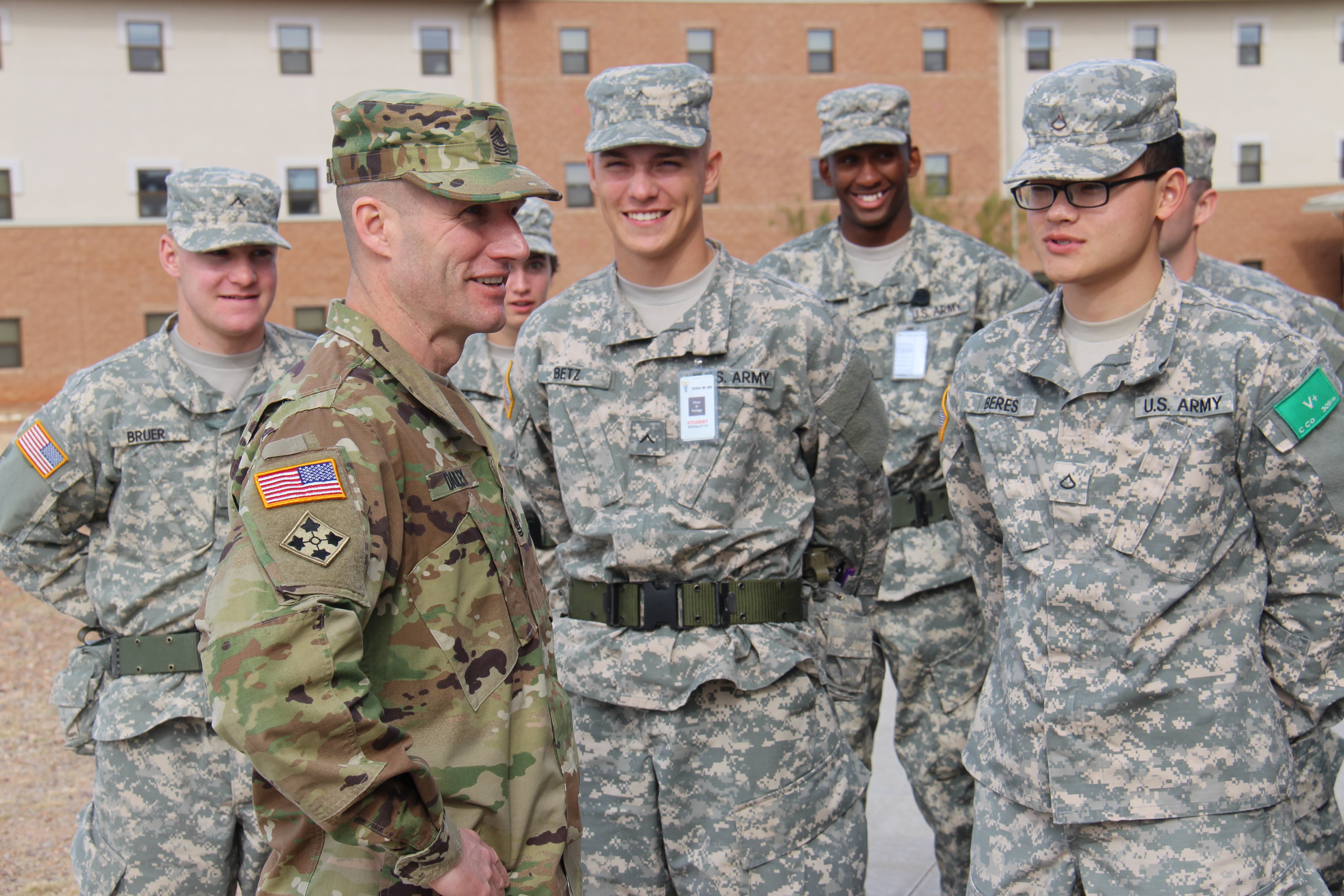
SMA Dailey speaks with soldiers. Some troops say there need to be more allowances for living outside the barracks.
Photo Credit: U.S. Army
SMA responds: "This is the age-old question," Dailey said, about soldiers wanting to live off-post. "This is not new."
However, he said, the rules are in place for a reason, and they will stay in place.
Generally, single soldiers in the grade of sergeant or below are not eligible for Basic Allowance for Housing and are therefore required to live in the barracks. In some cases, soldiers can secure their commander's authorization to live off-post.
When it comes to improving the living conditions in the barracks, Dailey said the Army has worked very hard over the last 12 years to build new, comfortable and high-quality barracks for soldiers.
"There are still places that need to be fixed, but we're doing better than we ever have," he said. "Are [the barracks] equally the same across the Army? No, we're still working to fix some of those."
Dailey also had a message for soldiers living in the barracks: "The biggest thing I need is for soldiers to take care of them."
7. Easier transfers between active, Guard and Reserve components.
Some of you expressed concerns about transferring between components.
"A lot of qualified Reserve and National Guard soldiers have tried to make the transition to active duty soldier, but for one reason or another, most of the time the recruiters or retention NCOs don't have a clue on how to get these soldiers to the active-duty side," one soldier wrote. "Sometimes they are told that they cannot go on active duty even if they are willing to re-class to a needs-of-the-Army MOS."
SMA responds: This issue was included as a recommendation in the recently released report by the National Commission on the Future of the Army, Dailey said.
"I think this is something you're going to see, but it's going to take some work and congressional support," he said, as it includes changing federal law. For example, active-duty troops fall under Title 10, while National Guard troops under state authority fall under Title 32.
"Everybody is in support of this, I think it's a great idea, but it's going to take some work," Dailey said.
8. Credit soldiers for deployment experience.
The Army this year redistributed promotion points for sergeants and staff sergeants when it implemented a new system that requires soldiers to complete the proper level of professional military education before they are eligible for promotion. The changes to the revised Promotion Point Worksheet also eliminated the points (60 maximum for sergeant, and 90 maximum for staff sergeant) that were available for combat experience.
"A lot of soldiers are upset by the new promotion system," one soldier wrote. "Since 2001, soldiers have been deployed overseas for multiple tours. … The knowledge learned on the battlefield is invaluable. No amount of training can 100 percent prepare you for combat."
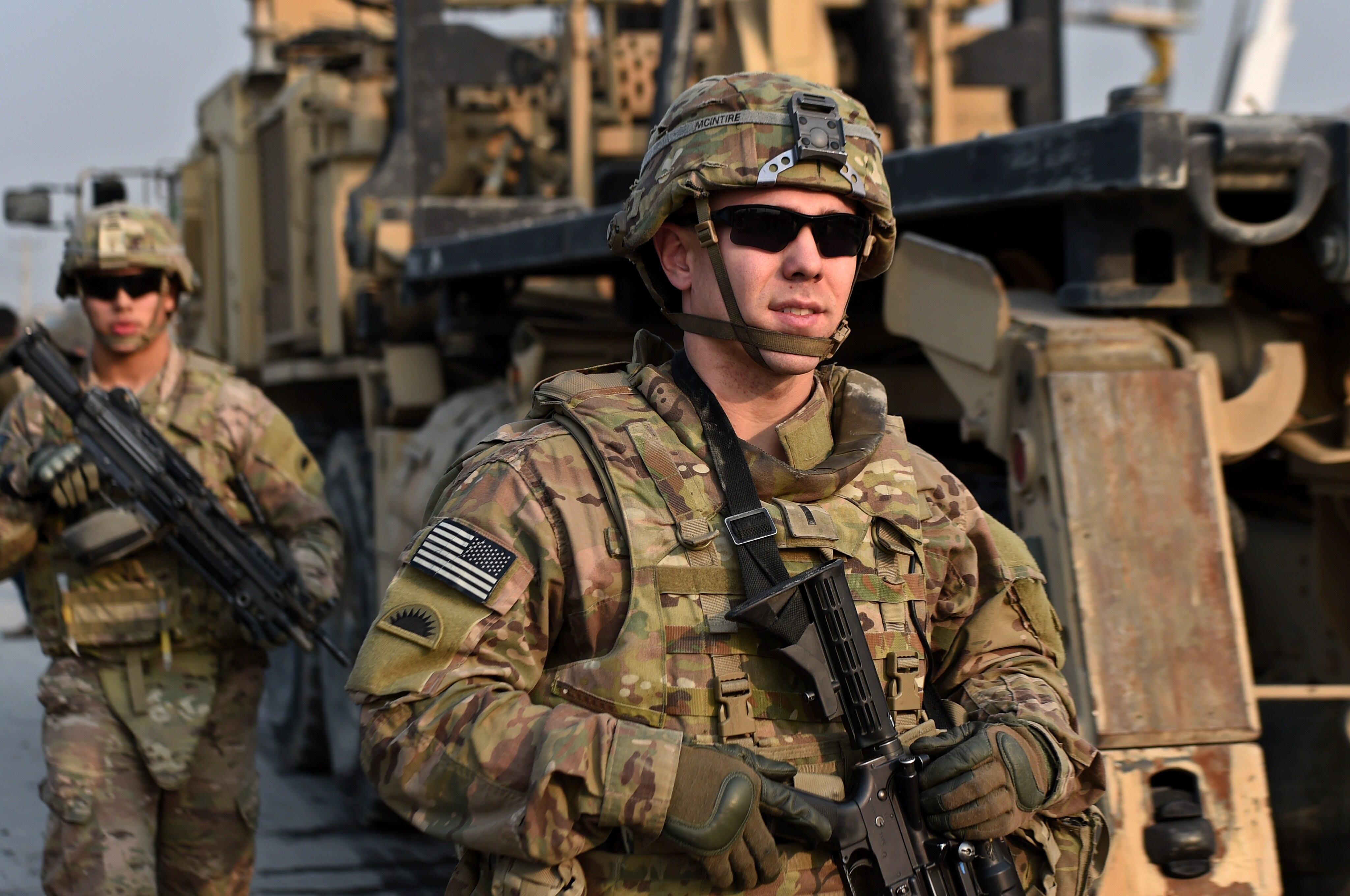
Some argue that deployments should net soldiers additional promotion points, but SMA Dailey does not support that idea.
Photo Credit: Wakil KohsarAFP/Getty Images
By taking away promotion points for deployment time "the Army has basically lowered the expectations of soldiers," the same soldier wrote. "Their deployment time doesn't count for much more than a few stripes on a dress uniform that might be worn a handful of times a year."
SMA responds: The changes to the Promotion Point Worksheet were deliberate, Dailey said, adding that this topic comes up "all the time" when he meets with soldiers.
"We took a long, hard look at why we promote soldiers," he said. "We promote soldiers based on potential, because of past performance, their knowledge, skills and abilities."
As leaders examined the promotion points, they "couldn't correlate" a deployment with knowledge, skills and attributes, Dailey said.
"There are different criteria that count as a deployment," he said. "You could be in Kuwait. You could be in Afghanistan. You could be in Qatar. You could be in Egypt. There was too much disparity."
The experiences of a soldier deployed to Qatar or one who ran the Morale, Welfare and Recreation facilities in Kuwait are very different than that of an infantryman in Afghanistan who was caught in a firefight every day, Dailey said.
"Should they get the same credit?" he said.
The Army lab technicians are another example, Dailey said. These soldiers are recruited, trained and paid to work in the Army's medical facilities and may not get a chance to deploy. This would mean they're "inherently disadvantaged" if soldiers got points for deployments, he said.
Instead, the Army is now focusing on individual skills and qualities, and soldiers can earn more points in areas critical to soldier success, Dailey said. This includes the Army Physical Fitness Test and weapons qualification scores.
9. Allow sleeve-rolling in the Army Combat Uniform.
This was a popular soldier request, with many wanting permission to roll their sleeves in the summer.
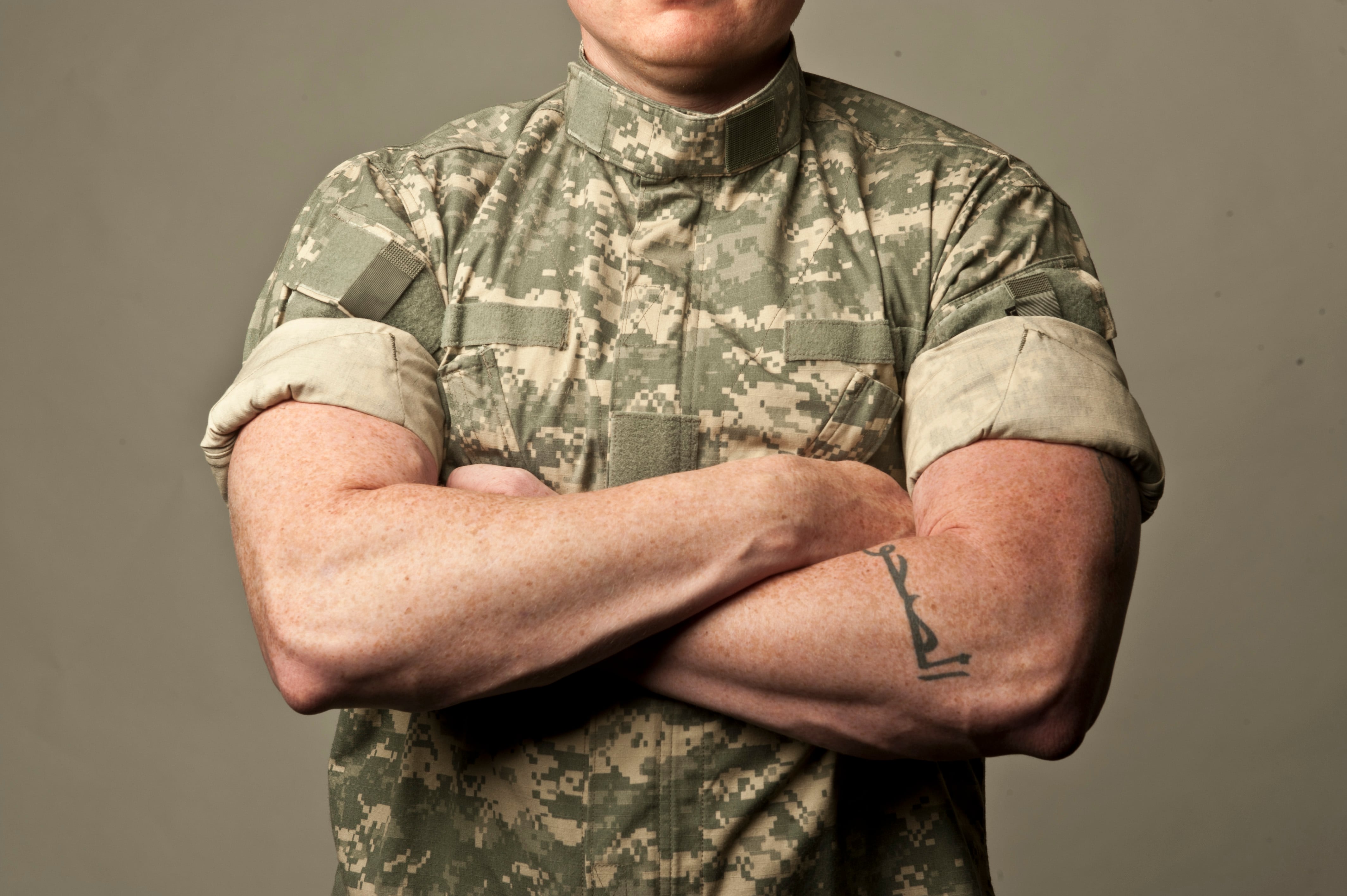
It's a challenge to roll sleeves on the ACU, but that hasn't stopped soldiers from wanting the OK to do so.
Photo Credit: Army Times staff file
SMA responds: "We tried it with our uniform, and it's hard to do," Dailey said.
The way the Army Combat Uniform is cut, rolled sleeves are "not consistent with a neat appearance," he said.
On top of that, "there's no operational need" for rolled sleeves, Dailey said.
"The decision right now is there's no recommendation to roll sleeves," he said. "There's no need to."
Michelle Tan is the editor of Army Times and Air Force Times. She has covered the military for Military Times since 2005, and has embedded with U.S. troops in Iraq, Afghanistan, Kuwait, Haiti, Gabon and the Horn of Africa.





